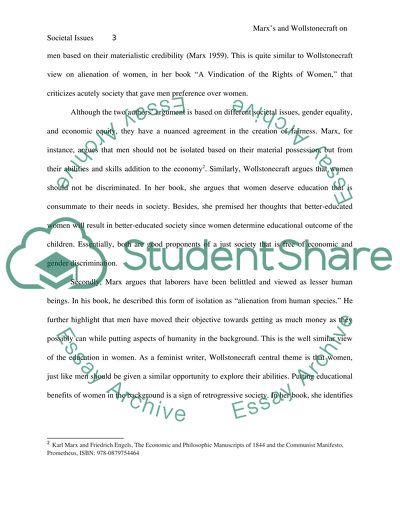Cite this document
(“Marxs and Wollstonecraft on Societal Issues Essay”, n.d.)
Retrieved from https://studentshare.org/social-science/1701063-marxs-and-wollstonecraft-on-societal-issues
Retrieved from https://studentshare.org/social-science/1701063-marxs-and-wollstonecraft-on-societal-issues
(Marxs and Wollstonecraft on Societal Issues Essay)
https://studentshare.org/social-science/1701063-marxs-and-wollstonecraft-on-societal-issues.
https://studentshare.org/social-science/1701063-marxs-and-wollstonecraft-on-societal-issues.
“Marxs and Wollstonecraft on Societal Issues Essay”, n.d. https://studentshare.org/social-science/1701063-marxs-and-wollstonecraft-on-societal-issues.


